Consisting of former Soviet Republics, the Eurasian region has drawn international attention due to its geopolitical significance and hydrocarbon resources, which has prompted the US and other external powers like China, Turkey, Iran, the European Union and India to actively engage themselves in the region. Russia is once again emerging as a central player in the region as it moves towards stabilizing its economy and political system. At the same time, given the pluralities within the region, there are multiple conflicts based on ethnic, religious and geopolitical discontents, making the region susceptible to rivalries and conflicts.
Eurasia is also a region where many external powers are seeking to intensify their geopolitical influence. This region, which lies in the extended neighbourhood of India, has had longstanding ties with the subcontinent in the past. The developments in the region have immense security implications for India. In view of India's rapidly increasing energy requirements, the region could be an alternative source of energy.
This book discusses the strategic environment in Eurasia and issues related to security, stability ad interstate relations in Eurasia. The involvement of external powers and their relations with different Eurasian countries is an important theme of the book. Social and cultural dimensions of post-socialist changes have been discussed in the context of a range of economic and political transformations. The proposition that links changing alignment of state with society in the context of globalisation has been scrutinized in this book.
ABOUT THE AUTHOR Ajay Patnaik
Dr. Ajay Kumar Patnaik is Professor and former Chairperson in the Centre for Russian and Central Asian Studies, School of International Studies, Jawaharlal Nehru University (JNU), New Delhi. A PhD from JNU, Prof. Patnaik was Visiting Scholar in the Faculty of Social and Political Sciences, University of Cambridge, UK (1992-93); ICSSR Exchange Scholar at the Institute of Ethnography, Moscow (1999) and at the Institute of Oriental Studies, Moscow (2010); Visiting Solanki Professor and Scholar in Residence at Yadunandan Centre for Indian Studies, California State University, USA (2006). He has authored three books—Nations, Minorities and States in Central Asia (2003), Central Asia: Between Modernity and Tradition (1995) and Perestroika and Women Labour Force in Soviet Central Asia (1989). Prof. Patnaik has contributed many articles and research papers in referred journals such as Europe-Asia Studies, Frontiers of Sociology, Security and Society, Turkic Civilisation Studies, History Research, Contemporary Central Asia, Dialogue and World Focus. He has edited six books and presented numerous research papers in International Seminars/Conferences in India and abroad.
ABOUT THE AUTHOR Tulsiram
Prof. Tulsiram, currently the Director of the UGC’s Russian and Central Asian Area Studies Programme in the Centre for Russian and Central Asian Studies, Jawaharlal Nehru University, New Delhi, was the former Chairperson of the Centre. Visiting Fellow at the Institute of Oriental Studies at Moscow and St. Petersburg, Prof. Tulsiram is a prominent critic on Indian Literature and Buddhism. Having a Master’s Degree in Political Science from Banaras Hindu University, Uttar Pradesh, he also has another Master’s in International Relations from the School of International Studies, JNU, and holds a PhD degree in Soviet Studies from the same School. At present, Prof. Tulsiram is working on Trans-Caucasia and Buddhism in Russia and is on the academic bodies of several universities in India.

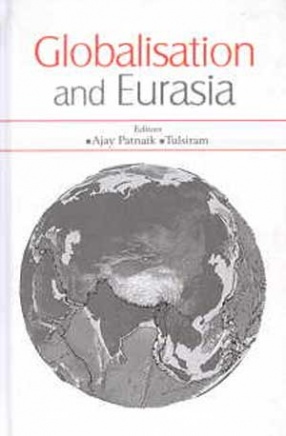
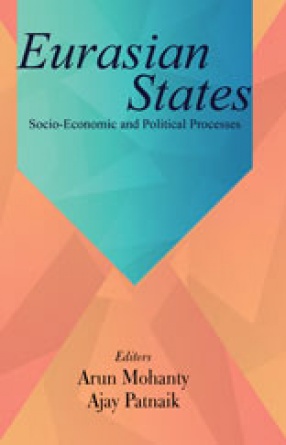
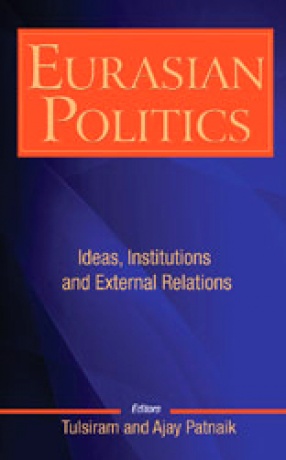
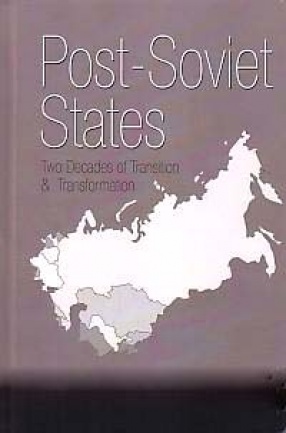

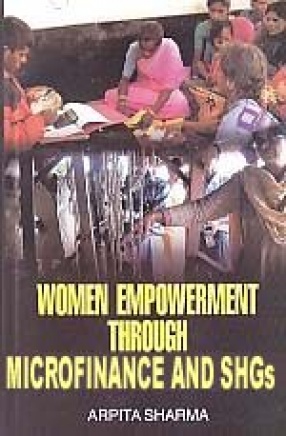
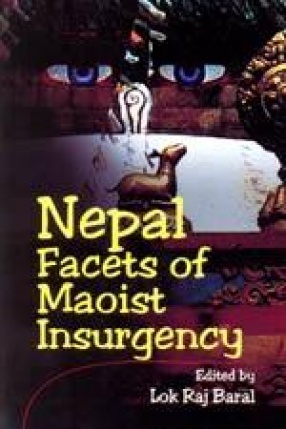
There are no reviews yet.